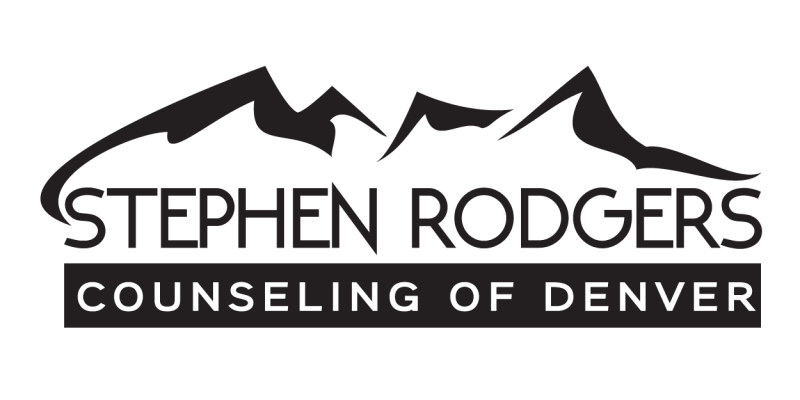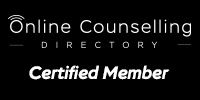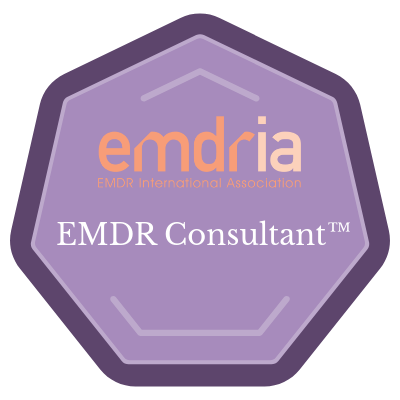Interested in advancing your career in therapy? Achieving EMDR certification can open doors to new opportunities and enhance your expertise in EMDR therapy. This certification equips you with specialized skills and knowledge endorsed by the EMDR International Association, showcasing your proficiency in this evidence-based therapy approach. By becoming certified, you demonstrate a commitment to excellence and quality care for your clients while setting yourself apart in the competitive field of mental health professionals. Becoming EMDR certified will deepen your EMDR skills beyond what you learned in basic training. Take the next step towards honing your craft and making a meaningful impact on individuals seeking healing from trauma.
Understanding EMDR Certification Criteria
EMDR International Association Approved Training
To become EMDR certified, trainees first must complete an EMDR International Association (EMDRIA) approved training program. These programs are meticulously designed to equip practitioners with the necessary skills and knowledge to effectively utilize Eye Movement Desensitization and Reprocessing (EMDR) therapy. The training covers essential topics such as the eight-phase protocol, understanding trauma, and practical applications of EMDR techniques.
Experience Requirement
Having a minimum of two years of experience in your field of license is crucial for EMDR certification. This prerequisite ensures that candidates have a solid foundation in their respective professions before delving into specialized therapies like EMDR. This experience requirement not only enhances the credibility of the practitioner but also provides them with valuable insights that can significantly benefit their EMDR practice.
Therapy Session Minimums
Before applying for certification, it is imperative to have conducted a minimum of 50 EMDR therapy sessions with at least 25 different clients. This criterion emphasizes the importance of hands-on experience and client diversity in mastering the nuances of EMDR therapy. By working with a varied clients, practitioners gain exposure to different trauma presentations, thereby honing their skills and adaptability in delivering effective treatment.
Importance of Consultation in EMDR
Individual Consultation
To obtain EMDR certification, EMDR trained therapists must engage in 20 hours of consultation with with a EMDRIA Approved Consultant. At least ten hours must be individual consultation focusing specifically on EMDR techniques.
Individual consultation offers personalized guidance tailored to the practitioner’s unique challenges and strengths. This one-on-one approach ensures a deep understanding of how to apply EMDR effectively.
Group Consultation
In addition to individual sessions, mental health professionals seeking EMDR certification and EMDRIA approved consultants can also participate in group consultations. These collaborative settings provide opportunities for peer learning and diverse perspectives.
Group consultations allow practitioners to benefit from shared experiences and insights from fellow colleagues. It fosters a sense of community and support within the EMDR certification journey.
Meeting Requirements
It is crucial that mental health professionals complete their consultation hours with an EMDR Consultant™ within 5 years after finishing an EMDRIA Approved EMDR Training. This ensures that the knowledge gained during training is effectively applied in practice.
Navigating the Application Process
Online Portal
To start your EMDR Certification journey, familiarize yourself with the online portal for submitting applications. The portal is user-friendly and guides you through each step effortlessly.
Fees Structure
Understanding the separate certification fees and membership dues structure is crucial. This knowledge ensures that you are financially prepared for every stage of the certification process.
Delving into Required Training
Submitting Documentation
Trainees seeking EMDR certification must complete a comprehensive basic training program. This training is crucial to equip professionals with the necessary skills in the mental health field.
To qualify, individuals must provide evidence of finishing an EMDRIA Approved EMDR Training program. This documentation serves as a fundamental requirement for certification.
Licensing Verification
Professionals pursuing EMDR certification need to demonstrate their eligibility by submitting their current license. This license should validate their ability to practice independently in the mental health arena.
The possession of a valid license ensures that applicants have met the essential criteria set forth by regulatory bodies in the industry.
Documenting consultation hours
As part of the application process, candidates are required to keep track of their consultation hours and submit them as part of the certification application.
Gathering Essential Documentation
EMDR Certification Requirements
To obtain your EMDR certification, you need to gather essential documentation. This includes letter(s) of recommendation from EMDR Consultants™ detailing your use of EMDR with clients. Collect two letters from colleagues or peers endorsing your professional practice and ethics.
Continuing Education Certificates
Ensure you have certificates for at least 12 hours of EMDRIA Credits in continuing education related to EMDR. These credits demonstrate your commitment to ongoing learning and development in the field.
Exploring the Benefits of Certification
Increased Opportunities
Becoming certified as an EMDR therapist can significantly expand your prospects within a private practice setting. With this certification, you gain access to a broader client base seeking specialized therapy services.
Embracing the role of a certified EMDR therapist allows you to tap into niche markets and attract clients specifically looking for professionals with expertise in Eye Movement Desensitization and Reprocessing (EMDR) therapy. This distinction sets you apart from other therapists, showcasing your dedication to mastering this therapeutic approach.
Building Credibility
Achieving certification status demonstrates your commitment to excellence in providing EMDR therapy interventions. Clients are more likely to trust and seek out therapists who are certified, knowing that they have undergone rigorous training and met specific standards set by certifying bodies.
By obtaining your EMDR certification, you establish yourself as a reputable and trustworthy practitioner in the eyes of both clients and peers. This recognition not only boosts your professional reputation but also instills confidence in those seeking effective trauma treatment solutions.
Skill Enhancement
Earning the title of a Certified EMDR therapist signifies a significant advancement in your career by enhancing your skills and knowledge in delivering impactful therapy sessions. Through specialized training programs, you acquire advanced techniques for addressing trauma-related issues effectively.
As a CE-certified practitioner, you develop a deeper understanding of how to navigate complex emotional landscapes with precision and empathy during EMDR therapy sessions. This heightened expertise equips you with the tools necessary to facilitate healing journeys for individuals grappling with past traumas.
Closing Thoughts
In wrapping up, you’ve gained valuable insights into the world of EMDR certification. Understanding the criteria, importance of consultation, application process, required training, essential documentation, benefits of certification, and the necessity for continued learning has equipped you with a comprehensive understanding. Now, it’s time to take action and embark on your journey towards becoming an EMDR-certified professional.
Remember, the process may seem daunting at first, but each step brings you closer to achieving your goal. Stay committed to your growth, seek support when needed, and never underestimate the impact of your expertise in transforming lives through EMDR therapy. Your dedication to this path will not only enhance your career but also positively influence those you serve. Keep pushing forward – you’re on the right track!
You can learn more about EMDR certification and consultation with Stephen Rodgers, LCSW here.
Frequently Asked Questions
What are the primary criteria for EMDR Certification?
To become EMDR certified, professionals must complete an EMDRIA-approved training program, have a valid license in their mental health field, conduct supervised practice sessions, and pass the certification exam.
Why is consultation important in the EMDR certification process?
Consultation provides crucial support and guidance as practitioners apply their EMDR skills. It helps ensure adherence to best practices, enhances clinical competency, and boosts confidence in working with clients using EMDR therapy.
How can one navigate through the application process for EMDR Certification?
Navigating the application process involves submitting required documentation such as proof of completing an approved training program, licensure information, supervision hours log, case consultation verification forms, and paying the certification fee to finalize your application.
What type of training is required for EMDR Certification?
EMDR Certification requires completion of an EMDRIA-approved basic training course that covers essential theoretical concepts and practical applications of Eye Movement Desensitization and Reprocessing (EMDR) therapy techniques.
What essential documents, required consultation, and registration are needed for applying for EMDR Certification by a mental health professional in the mental health field?
Essential documentation includes proof of completing an approved basic training program in EMDR therapy, active professional license in a mental health field allowing independent practice, verification of supervised practice hours conducting sessions using EMDR techniques.




